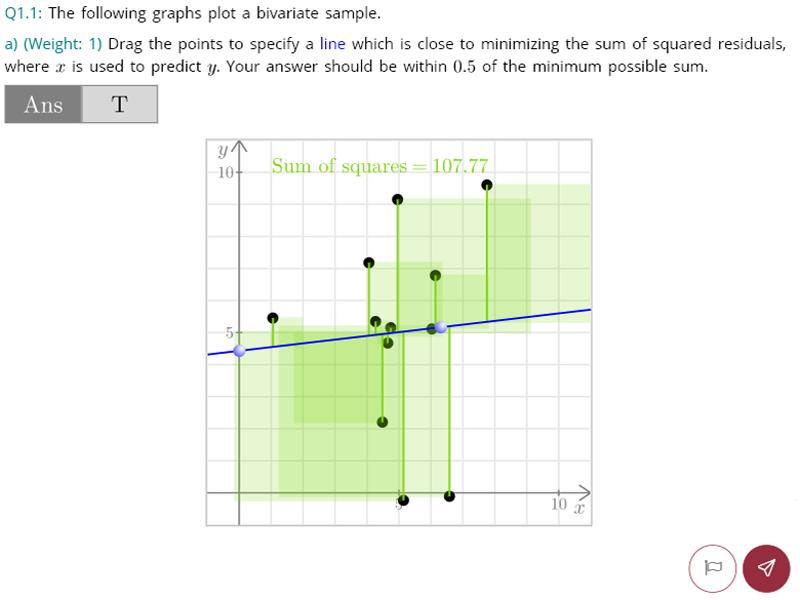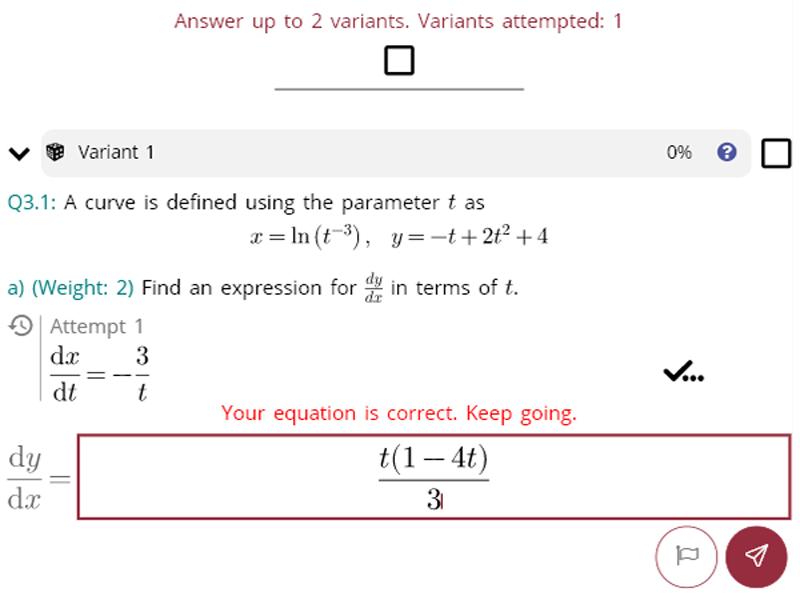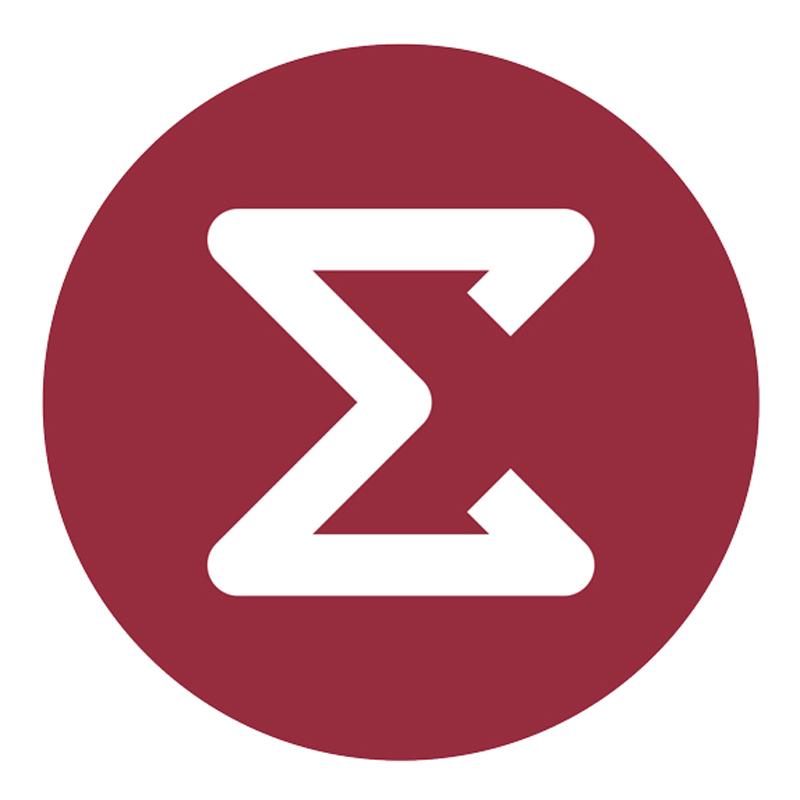
Advancing online learning using interactive and authentic assessment

While the integration of technology into teaching has revolutionised education, challenges such as student engagement and the authenticity of online assessment remain complex. The task of refining online assessment is an important focus for higher education institutions and edtech companies. However, it’s crucial to consider the distinct requirements of different subjects when addressing this problem.
“A lot of the time, online assessments are reduced to a somewhat dumbed-down format to fit the requirements of simple online platforms,” says Charles Roddie, founder and chief executive officer of Summatic. With online assessments today, students sometimes receive quizzes and multiple-choice questions instead of assessments that require more sophisticated answers, he says. “This reduces the quality of the experience of answering those questions.”
Summatic is an interactive learning platform for university STEM courses, developed by academics from the University of Cambridge. Summatic provides effective learning solutions and online assessment tools, tailored to the needs of students and educators. “We want to preserve the quality we have in traditional paper formats on online systems but also add the advantages of the online system without taking anything away,” says Roddie.

“The most important thing in education is the desire of academics and students to make progress,” Roddie notes. He believes that fundamental approaches to teaching – such as effective communication with students, good syllabus design, choosing the right materials and presenting them in interactive formats – remain important when it comes to designing authentic quantitative assessments.
The use of learning management systems to organise data is prevalent in the higher education sector. However, this may impede the integration of diverse learning resources and teaching methods. “Using standardised tools is often limiting in what they can do because these are not specialised in any particular subjects,” says Roddie.
When trying to centralise learning systems, Roddie recommends focusing on subjects’ specific requirements rather than attempting to meet the needs of many disciplines at once. For example, STEM courses and other subjects that require advanced numerical skills may benefit from a different approach to disciplines with a less quantitative focus. “Once universities have that insight, they can start looking for the tools they can integrate into their systems.”

Another barrier to the widespread adoption of online assessments is combining traditional content formats with innovative solutions that facilitate specialised assessment methods. “In the future, my hope is that these things come together so we can have a union of all the holders of content, data systems and technology,” Roddie says.
Universities deploy many assessment methods, ranging from highly formal, proctored tests to flexible assessments where students have the freedom to access resources. “The merger of the two is an interesting aspect of some of our projects with universities,” says Roddie. It is beneficial to have assessments where students can access help and explore interactive resources until they reach a solution. This model still allows educators to assess students’ progress, he adds.
Edtech platforms help educators design more authentic quantitative assessments by incorporating question types that evaluate a range of quantitative skills into their systems. “The objective is to take the questions that academics want to ask and replicate as much as possible the intelligence of those questions and the experience of students responding to those questions,” Roddie concludes.
Find out more about Summatic.

